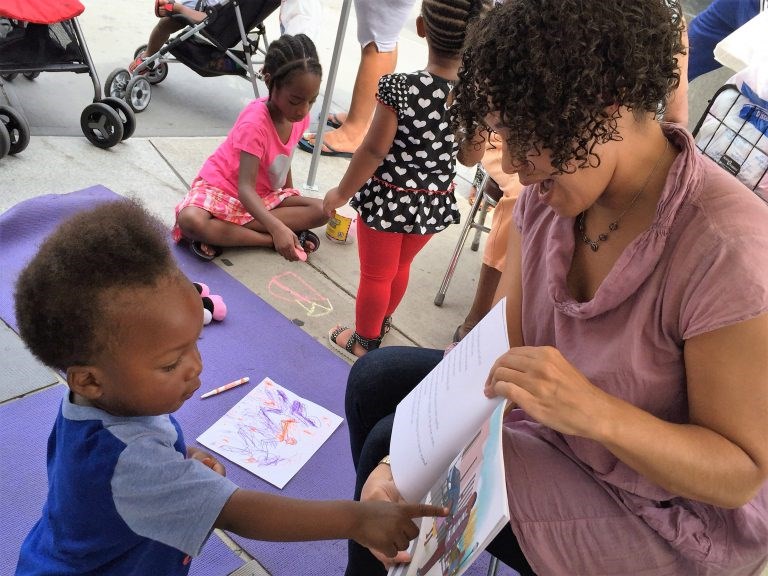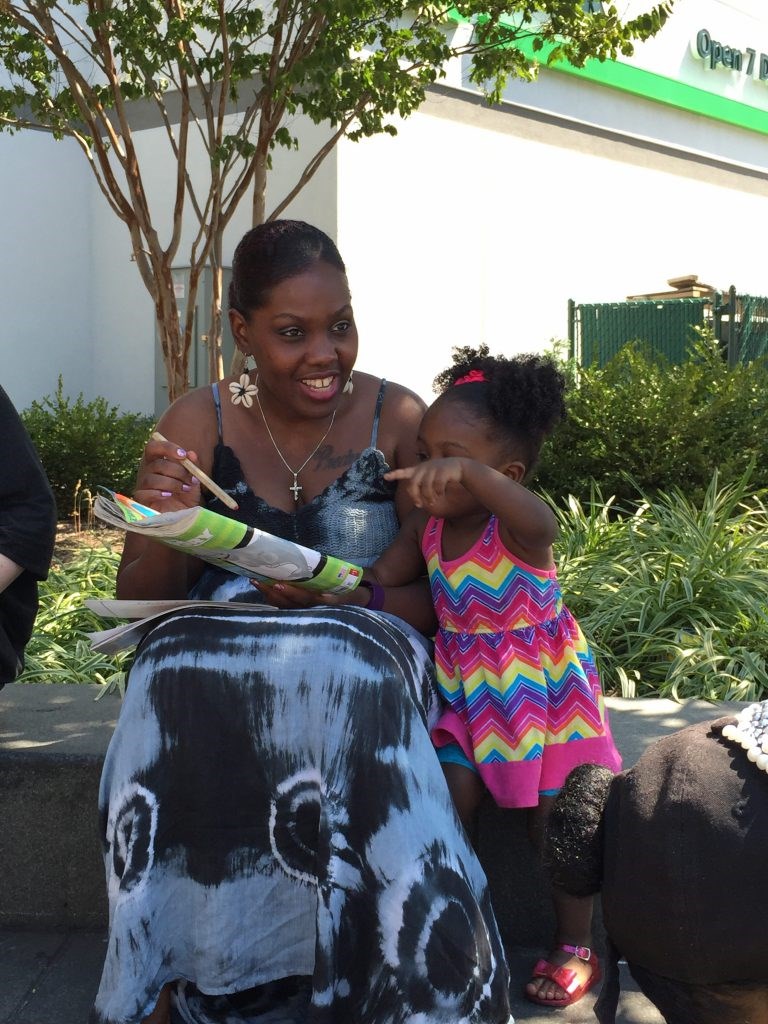By Vanessa Penberg

Reading is one of the most joyful and beneficial activities that parents can share with their babies.
Not only does early exposure to books promote brain healthy development and increase babies' vocabulary, but reading also improves children's confidence, creativity, and empathy. Children who develop a love of books at an early age are better equipped to communicate with their parents, teachers, and peers and are more likely to think through what they want to say before becoming frustrated and angry. Stories expose children to other worlds and varied experiences and parents can use books as an opportunity to help children learn to relate to others more easily. [perfectpullquote align="right" cite="" link="" color="" class="" size=""] "Reading increases a child's attention span and a parent's own cognitive ability. It is one of the most essential and valuable activities kids can inherit from parents..." [/perfectpullquote]
Furthermore, there are few things more special than the bonding that occurs when parents cuddle with their baby and laugh together at the rhymes and silly language and when they see their baby become engrossed in the world that the images and words create.
These early memories and positive associations with reading greatly enhance the likelihood that a child will be a strong reader and writer when they are in school, thereby improving their overall academic abilities. In fact, when parents enjoy reading themselves they are acting as a model and setting an important example about the pleasure of reading.
Educator and EBA favorite Jim Trelease, author of the best-selling book The Read-Aloud Handbook says "A child who has been read to will want to learn to read herself. She will want to do what she sees her parents doing. But if a child never sees anyone pick up a book, she isn't going to have that desire." He goes on to say that, "Reading increases a child's attention span and a parent's own cognitive ability. It is one of the most essential and valuable activities kids can inherit from parents simply by observing them being engrossed in a book or magazine."
Even when parents know the many benefits of reading to their babies, it can still be difficult to find the time to do it every day. The Washington Post recently published an article by Merete Kropp, a child development and family specialist, entitled Five Ways to Find Time to Read Aloud 15 Minutes a Day in a Busy World which offers helpful tips on how incorporate books into your family's daily schedule. Among Kropp's recommendations are:

Don't limit reading to bedtime. While bedtime is a natural time to get cozy with a book, it can be difficult to squeeze it in at the end of the day when both parents and children may be tired and grumpy. Sometimes under these conditions reading can become a battle of wills or start to feel like a chore that gets rushed. When possible, look for other quiet moments throughout the day to share a story, such as bath time, meal time or during a commute. It is always helpful to keep cloth books or board books on hand in a diaper bag or stroller to engage and calm fussy babies while out of the house.
Every minute counts when reading with babies. Babies generally have difficulty focusing on one activity for a prolonged amount of time. Introducing babies to a variety of board books, interactive tactile books and books with flaps stimulates their curiosity and increases the likelihood that they will engage with the book longer.
It is helpful to introduce read-aloud times incrementally by starting with a few minutes several times throughout the day. It is normal if babies wiggle away after only getting through a page or two. In this case, let them go. It is important never to force a child because it could take the joy out of reading. Do not give up. Instead, try reading a few more minutes at a later time since babies' attention span increases through consistent exposure to books.



